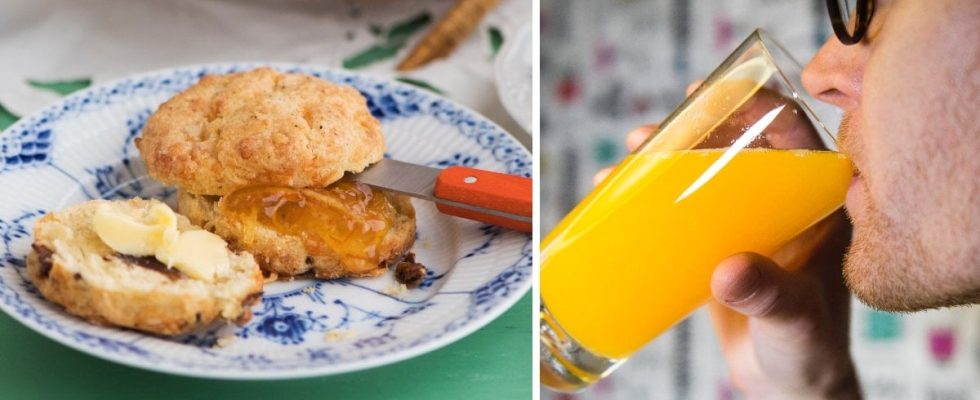On 10-11 April, the EU Council and the European Parliament voted through an agreement that it is hoped will help the population of the EU countries to eat a healthier breakfast. Now the requirements for production, labeling and sugar content will be tightened so that goods can continue to go under certain names.
Four categories of food – jam, honey, fruit juice and lactose-free milk – are affected by the new changes.
On European Council website compiles the points affected in the preliminary agreement of the so-called “breakfast directives”.
What happens if you break the rules?
The member states now have 24 months to implement the new rules. This means that the manufacturers either have to change their recipes, or alternatively replace the labeling on the goods that do not meet the new requirements.
Example: A jam that does not live up to the new rules will not be banned from being sold after two years have passed, but it will no longer be called jam.
Popular jam may become illegal – after more than 100 years
The goods that become more expensive – risk running out
Risk of marketing ban and fine
Marketing food in an incorrect way is misleading and impermissible, according to the Swedish Consumer Agency.
“All food information must be accurate, clear and easy to understand for the consumer. Claims made about a product for marketing purposes must always be true and must not be misleading,” they write on their website.
If you do not voluntarily change your incorrect marketing, the Swedish Consumer Agency can send an injunction to the person concerned, or take the case directly to court. There you risk both a marketing ban and a fine.
And what is it then that applies?
New rules for jam
News24 has previously mapped how the Swedish jam market is affected by the changes.
Then it turned out that many players, including the food giants Ica, Coop and Axfood, all sell jams that do not pass the new restrictions.
READ MORE HERE: The jams that can become illegal – here’s the full list
New rules for honey
New rules for fruit juices
New rules for lactose-free milk
READ MORE:
The long-awaited Arla product may return
OLW’s big change – applies already today
